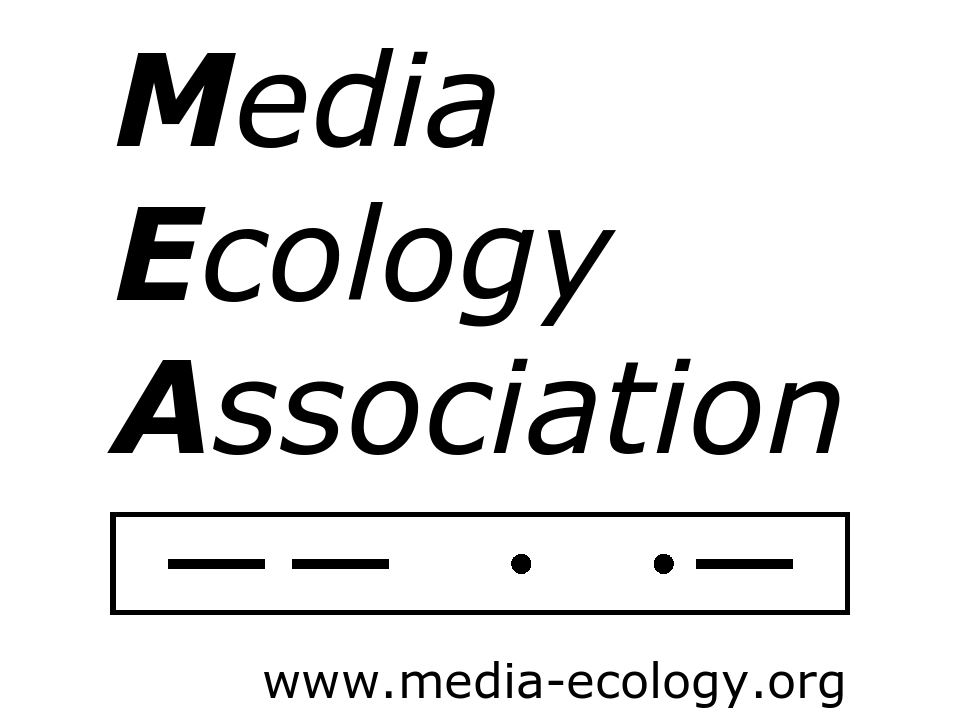MEA @ NCA 2023 CFP
The theme of the 109th Annual Convention of the National Communication Association is, simply, “Freedom.” This theme offers membership of the opportunity to revisit discussions of hard and soft technological determinism as well as explore new conversations related to how media limit the freedoms based on race, gender, ability, age, and class. Digital technologies afford greater freedoms for engaging others across time and space, but also bring potential threats of misinformation and wide-scale, technical failures.
I encourage submitters to also consider past and present questions of how media condition and constrain freedoms of thought, word, and deed.
The submission portal is now open on the NCA website and will close on March 29th at 11:59 p.m. (PDT).
We are also seeking interested members to be reviewers, panel chairs, and respondents. Please Contact Austin Hestdalen (hestdalena@duq.edu) if you are interested in serving MEA at NCA in any way.
We look forward to your submissions and connecting with you in National Harbor, Maryland!
—Austin D. Hestdalen, MEA Liaison to NCA
NCA 109th Annual Convention
Convention Theme: “Freedom”
November 17–20, 2023
National Harbor, Maryland
Submission Deadline: March 29 at 11:59 PM PDT
The Media Ecology Association welcomes submissions for the 2023 National Communication Association convention, centered on the theme of “Freedom.” Media Ecology is concerned with the idea of freedom in any number of significant ways. Discussions of technological determinism in the work of Jacques Ellul and Marshall McLuhan emphasize how new technologies condition and constrain freedoms of thought, word, and deed. The work of Neil Postman emphasizes the connection between freedom of discourse and political action. More recent works by scholars such as Armond Towns and Sarah Sharma reconsider how media have both restricted and facilitated the freedom of different bodies. While Douglas Rushkoff’s work has offered contributions related to econmic freedom and precarity. Such considerations remind media ecologists of the importance of free speech as a foundation for understanding the importance of media in society and the ethical implications they have for communication.
This call invites you to explore these concerns, emphasizing the historical and intellectual roots of our field, and their relevance to the theme of “Freedom.” As such, papers and panels that deal with topics related to the theme are encouraged (though not required). Likewise, proposals that link traditionally distinct thinkers or disciplines to media ecology, extend established ideas or concepts, or otherwise advance existing approaches to the field, are also welcomed. Submissions from scholars of diverse intellectual backgrounds and traditionally underrepresented groups are highly encouraged to apply.
